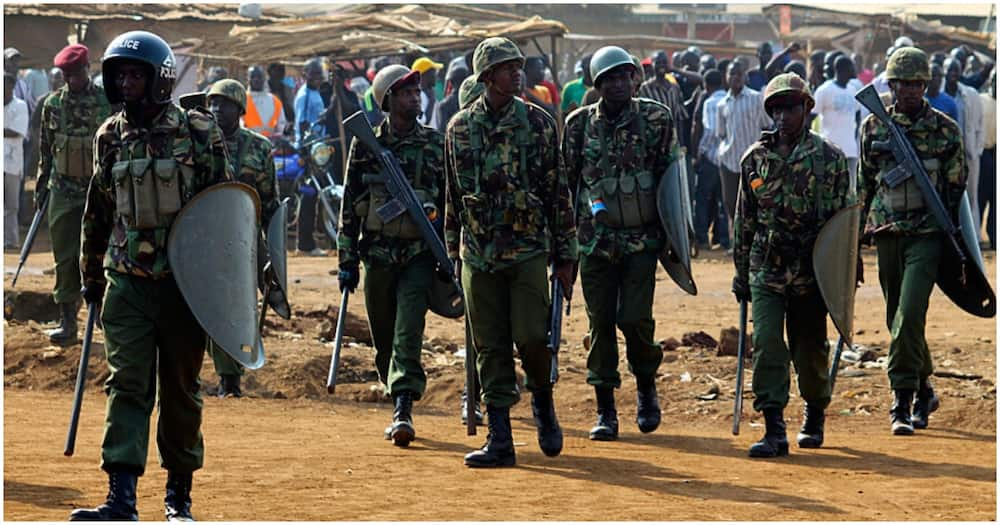Kenya and Haiti have recently inked a significant pact, paving the way for the deployment of 1,000 Kenyan police officers to the Caribbean island. This agreement marks a significant step towards addressing the security challenges faced by Haiti, particularly in combating the rampant gang violence that has plunged the nation into chaos.
The decision to deploy Kenyan police officers to Haiti was first approved by the Kenyan government in October. Following this, the move garnered unanimous support from lawmakers in November. However, the plan faced a temporary setback when Kenya’s high court intervened, citing concerns that the deployment would be unconstitutional.
Despite the initial legal hurdles, the United Nations Security Council has now given its approval for the mission. The deployment of Kenyan police officers aims to bolster Haiti’s overwhelmed police force and provide much-needed support in tackling the escalating gang violence that threatens the stability of the country.
Haiti has been grappling with pervasive gang violence for years, exacerbating the socio-political challenges facing the nation. The influx of Kenyan police officers is expected to bring expertise, experience, and additional resources to help address the security crisis gripping Haiti.
The signing of the pact between Kenya and Haiti underscores the importance of international cooperation in addressing global security challenges. It also reflects Kenya’s commitment to contributing to peacekeeping efforts and promoting stability in regions affected by conflict and instability.
As preparations for the deployment of Kenyan police officers to Haiti gather momentum, both countries are expected to work closely to ensure the success of the mission. The partnership between Kenya and Haiti highlights the value of collaboration and solidarity in tackling complex security threats and fostering peace and security on a global scale.

